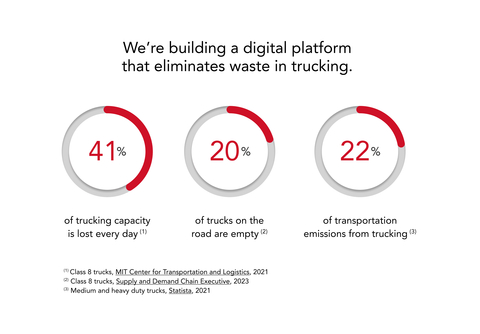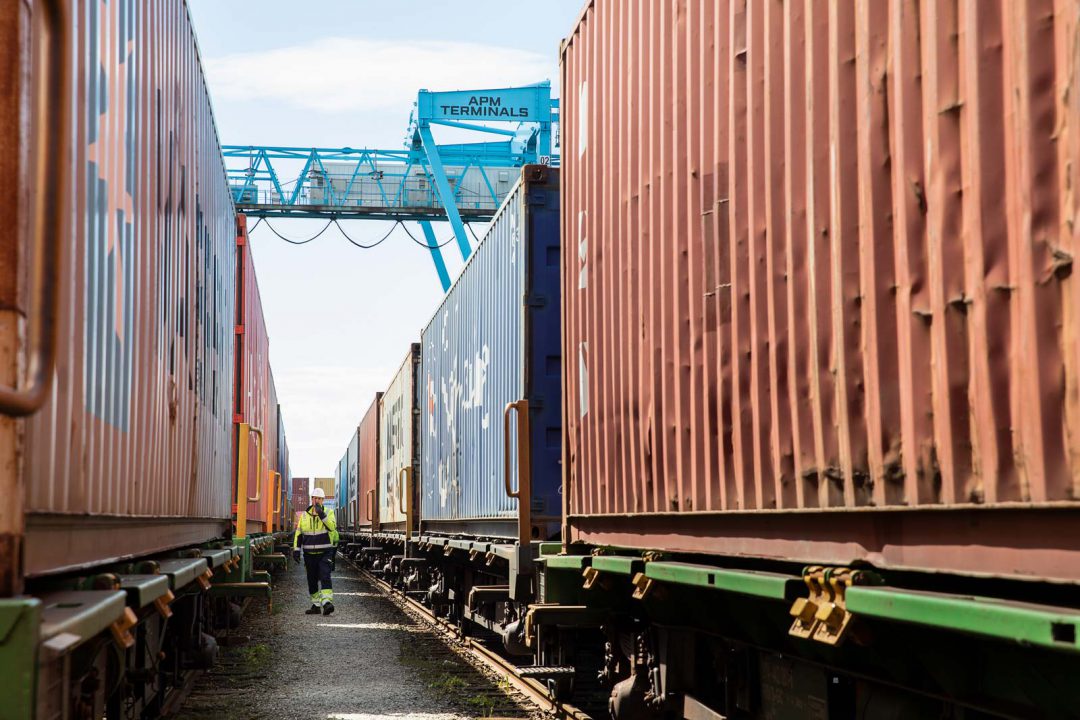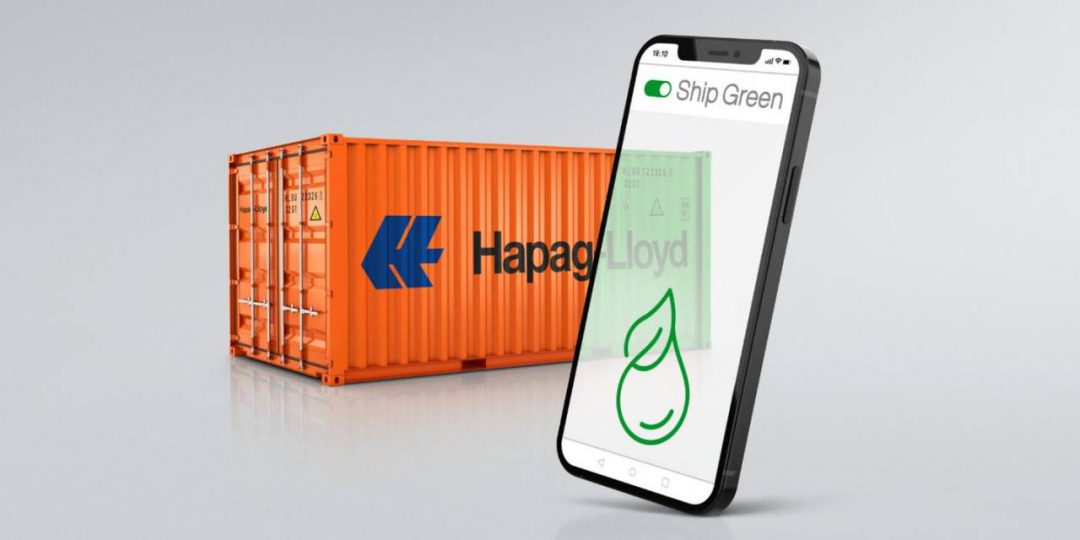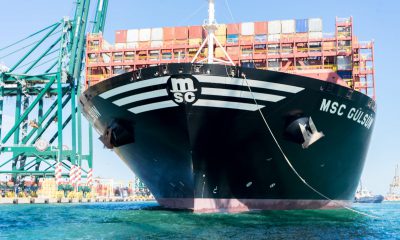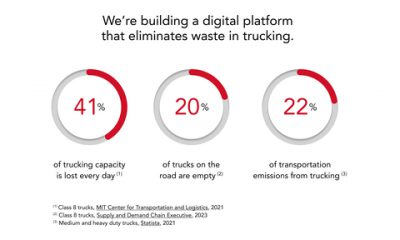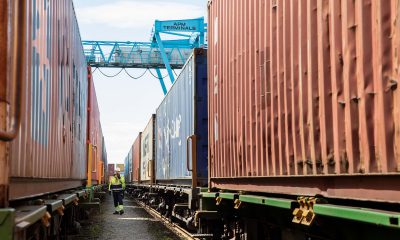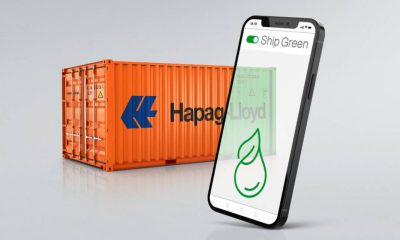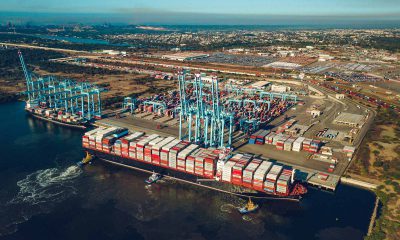As an industry leader engineering the future of transportation and logistics, Ryder has long been in the driver’s seat with a forward-looking vision for the impact emerging trends have on supply chains. This holds true with RyderVentures, the company’s recently launched venture capital fund. With it, Ryder is investing $50 million over the next five years in start-ups that are tackling disruption in supply chain and transportation by developing new technologies.
In an industry traditionally fraught with manual processes, technology is disrupting operations in every sector. Ryder recognized the need to launch RyderVentures, and help find and unleash disruptive technologies that create value. Additionally, Ryder gives start-ups a perfect place to pilot and perfect their technologies, through its vast footprint that includes more than 63 million square feet of managed warehouse space, more than 235,000 vehicles, $7 billion in freight under management, and 50,000 customers.
Ryder has a rich history in leveraging start-ups that help make businesses and, ultimately, its customers’ businesses better and more competitive. In 2018, the company also launched its own disruptive technology COOP by Ryder, a platform for commercial truck sharing that connects lenders and borrows alike. And, in 2020, it launched RyderShare a collaborative logistics platform that breaks down industry silos and gives visibility to all products moving across the supply chain.
Engineering the Disruption
With a growing list of emerging technologies such as blockchain, 3D printing, machine learning, AI, asset sharing, and autonomous and electric vehicles, Ryder took a strategic approach to pick what areas of disruption it would target.
Ryder pinpointed its focus on e-commerce fulfillment, asset sharing, next-generation vehicles, automation, and data analytics. While these areas may seem broad, each has a huge impact and opens up a world of possibilities to what Ryder can do to create value for its customers.
Since the launch of RyderVentures in October 2020, Ryder has invested in Baton, a logistics technology platform that eliminates dwell and detention for long-haul carriers, and in the long-term aims to pave the way for the adoption of autonomous vehicles in trucking. Baton’s technology platform enables long-haul truckers to drop off and pick up loads at Baton drop zones in major metro areas, and then a network of local fleets does the first and final mile of delivery to warehouses. This would eliminate the wasted hours associated with detention, in-transit dwell, and inter-appointment dwell for long-haul trucks.
RyderVentures also invested in SmartHop, a Miami-based artificial intelligence-powered platform for small trucking companies. Its solution helps owner-operators compete with the big carriers by reducing operational costs, streamlining load booking and providing access to the vast broker networks previously only available to large carriers. SmartHop’s platform targets the estimated 91% of U.S. trucking companies that operate six or fewer trucks.
RyderVentures latest announced investment is in Remora Carbon, an early-stage mobile carbon capture technology startup. Remora’s business model includes mounting a device on the back of a tractor, connecting to the tailpipe, where it collects over 80% of its CO2 emissions. Drivers then deposit the CO2 in an on-site tank, where Remora coordinates pickup and sale of the CO2 to end-customers such as cement producers and greenhouses to name a few. This solution could serve a large community of customers with sustainability goals but a lack of viable electric vehicle solutions. RyderVentures is not only an investor, but will be an early pilot partner of the technology.
RyderVentures has also invested in more companies that have yet to be announced.
With the initial success of RyderVentures, Ryder continues to solidify its position as the future of logistics. The company is able to identify early stage technologies that address customers’ pain points, and work alongside the start-ups developing the technologies to speed the solutions to market. This investment in the future will help disrupt the disruption coming to the industry, and drive value for start-ups creating the technology to the businesses using it.

